Africa Retreat Centre Article by: Mwebaze Isharaza “Isha”. Images by: Africa Retreat Centre
Africa Retreat Centre Article by: Mwebaze Isharaza “Isha”. Images by: Africa Retreat Centre
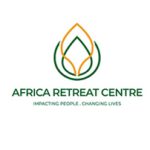
All these and more scenarios may be an indication that alcohol is beginning to interfere with your life. You may be already struggling with a condition known as Alcohol Use Disorder (AUD). This is often also referred to as alcoholism.
A person with alcohol use disorder also might experience symptoms of withdrawal when they cut back or stop drinking, such as:
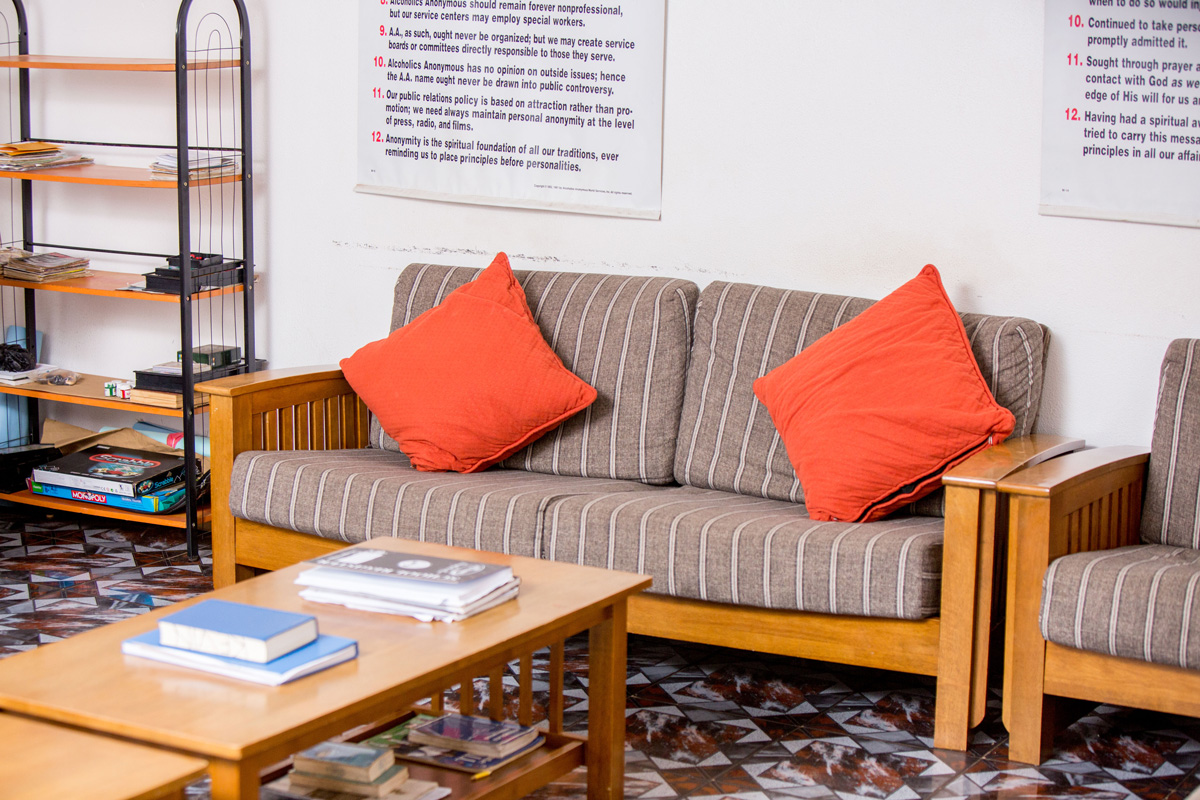
Alcohol use that turns into a use disorder develops in stages. It is progressive and unless treated will get worse over any given time.
Alcohol Use Disorder is treatable. You can have a life free of alcohol and its effects. It is possible to live a happy, health, productive and sober life. Remember that having this illness does not mean you are immoral, weak, ignorant or lacking in willpower or resolve. It is an illness like any other and with commitment, you can overcome it. Millions of people worldwide have been able to do so.
Your treatment options and setting will depend on your stage of recovery and the severity of your illness. You may need inpatient medical (hospital), residential rehabilitation (rehab), outpatient intensive therapy or outpatient maintenance. Treatment may include a combination of Medications, Psychotherapy and Support groups such as Alcoholics Anonymous (AA).
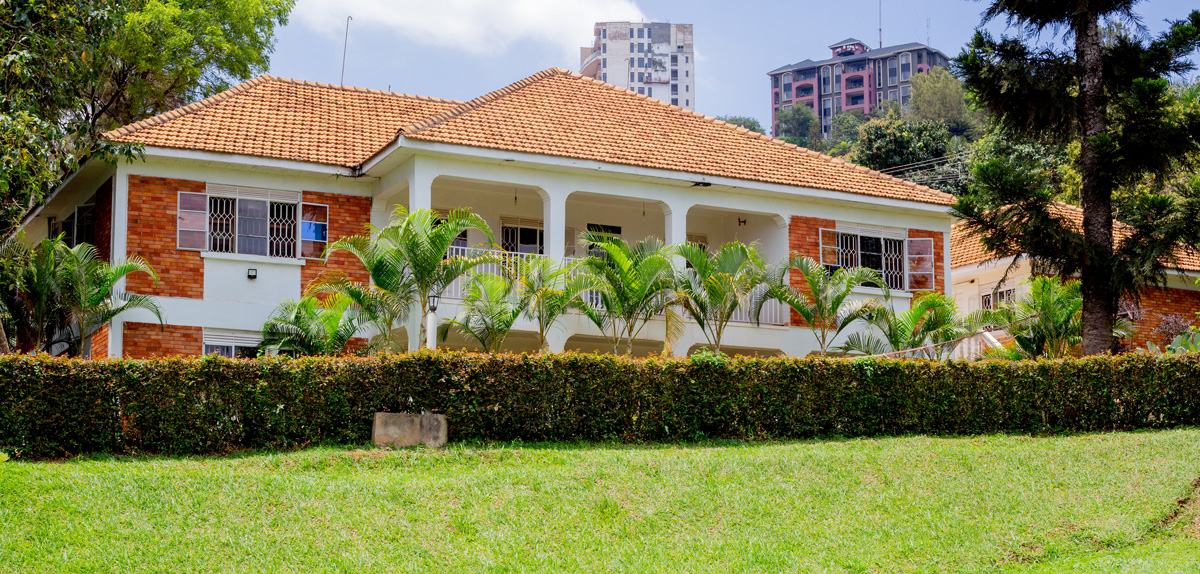
Africa Retreat Centre (ARC) is a Specialised Treatment Hospital for Addiction and Mental Health with facilities in Kampala (Naguru) and Mbarara. The facilities are fully-staffed and equipped within a safe and conducive environment. Our specialty interdisciplinary treatment team comprises Consultant Psychiatrists, Clinical Psychologists, Counselling Psychologists, Adolescent and Child Psychologists, Addiction Counsellors, Physicians, Psychiatric Nurses, Physicians, Social Workers, Recovery Coaches, Speech Therapists, Occupational Therapists, Fitness Trainers, Laboratory Services and other professionals and specialists.
Our team all work together to speed your recovery and provide the support you need to thrive once you’re back home. Many of our current and former patients continue to enjoy productive and functional lives and maintain healthy recovery.
Our services include Inpatient and Outpatient Treatment and Care for Persons with Mental Illness, Addiction Care and Treatment, Individual Psychotherapy, Group Therapy (including facilitating mental health and well-being trainings), Family Therapy, Critical Incident Stress Briefing/Psychological First Aid, Trauma Counselling and Therapy, Grief and Loss Therapy, Family Therapy, Speech Therapy and Employee Assistance Programs among others.

With more than 6 years’ experience in providing treatment, care and support to individuals and organisations some of our current and corporate clients include United Nations (MONUSCO, UNMISS, UNHCR, UNDP), Bank of Uganda, Centenary Bank, Coca Cola, VVOB, Evidence Action, Clarkson Insurance Brokers, Jubilee Insurance among others. We are also empanelled providers for Medical Insurance Providers including Cigna, Henner, ICEA, GA Insurance, AAR, APA, Minet, Prudential, among others.
Our objective is to assist the recovery process by professional guidance to ensure our clients are prepared to cope with the day-to-day challenges of living in their communities, rejuvenated with a solid understanding of mental illness and addiction and what is required to prevent relapse.
Our aim is for clients to return to a productive life, functioning well in the family environment, the workplace and social settings.
Our Vision is: “To be a haven of relief and hope through a holistic and dignified mental health services in the region.
Our Mission is: “To provide accessible and affordable integrated mental health services of the highest quality.”
Our core values include: Client-centeredness, Confidentiality, Integrity, Dignity, Teamwork, and Professionalism.
At ARC we aim to offer the highest quality of care to enable our patients and clients recover and maintain a healthy and productive life. Our clinical staff provide the skill and experience to meet the individual requirements and needs of our patients. Our programs are designed to effect the changes necessary to create a fresh start for our clients, repairing relationships with self, family, employer and other significant aspects of life.
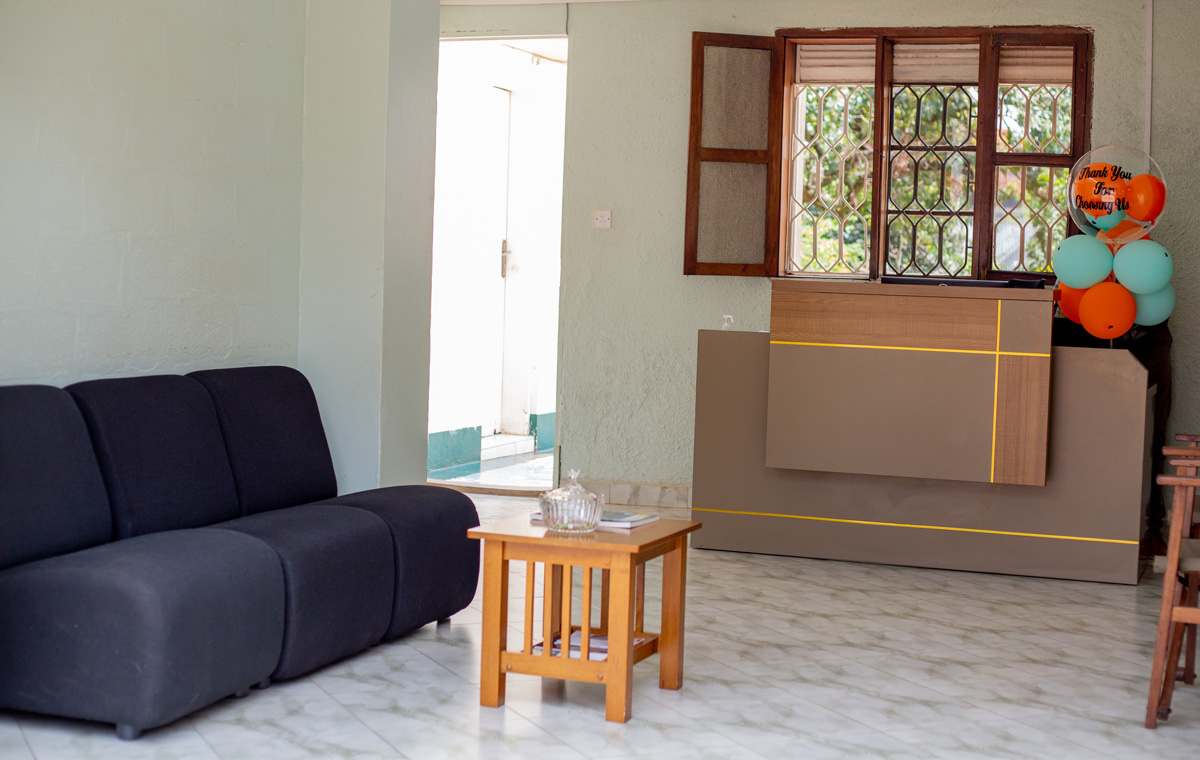
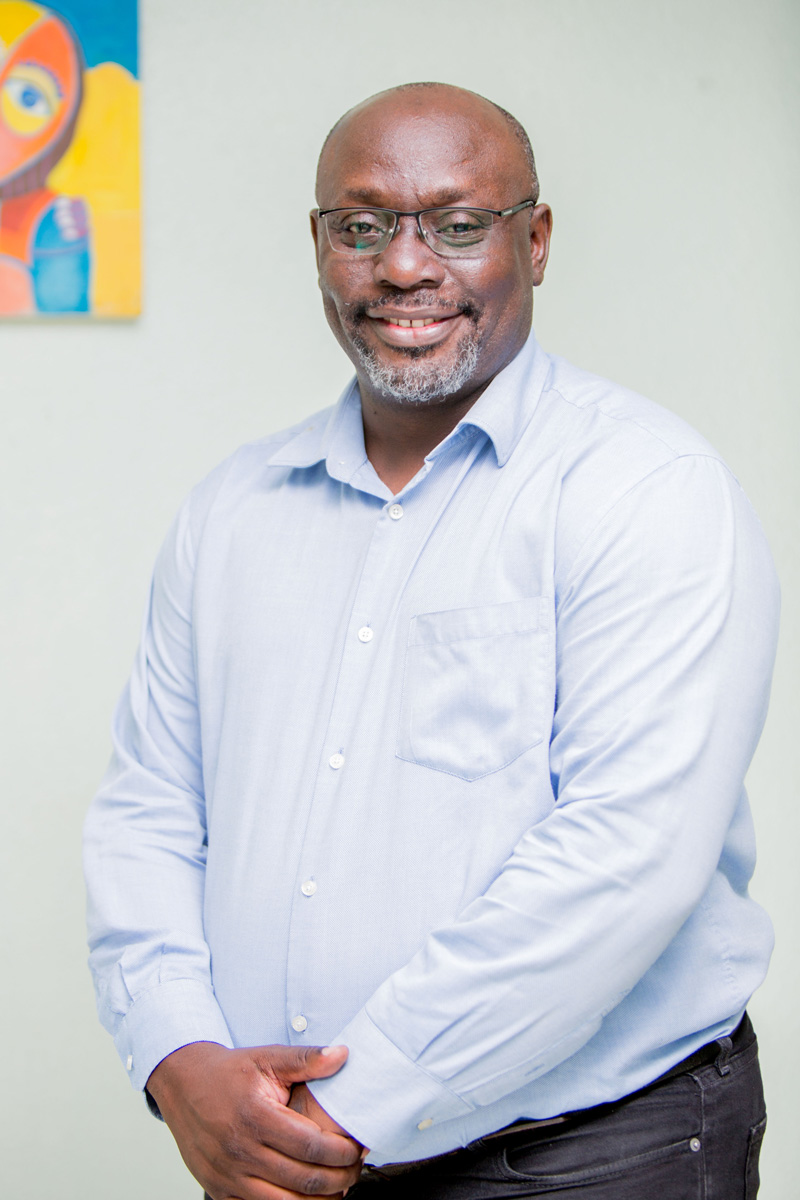
Mwebaze Isharaza (“Isha”)
He is a member of the National Association of Alcohol and Drug Abuse Counsellors (NAADAC), the International Society of Substance Use Professionals (ISSUP) and current Chair of the Addiction Prevention and Rehabilitation Association of Uganda (APRAU). He is also a trained practitioner of Compassionate Inquiry.
Isha is in long term recovery (over 13 years) having struggled with alcohol addiction for many years before that. This gives him the experiential knowledge of addiction, in addition to his professional training and expertise. He leads a multidisciplinary team of specialists in the field of mental health and addiction.
We impact people and change lives as ARC💚🧡.